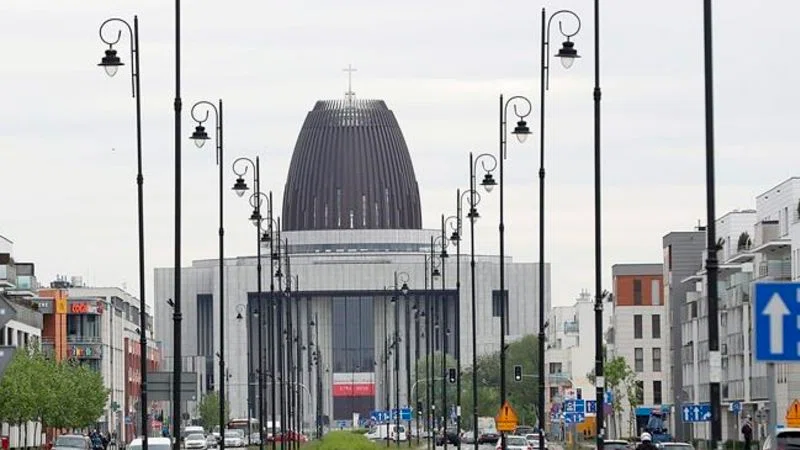
Poland shaken by documentary about pedophile priests
WARSAW, Poland — A new documentary revealing new cases of pedophilia by priests has deeply shaken Poland, one of Europe’s most Roman Catholic societies, eliciting an apology from the church hierarchy and prompting one priest to leave the clergy.
“Just Tell No One,” a film paid for through crowdfunding, was released on YouTube on Saturday and by Monday had more than 8 million views.
After the premiere, the primate of Poland thanked the film’s creators, brothers Tomasz and Marek Sekielski, for their “courage.”


